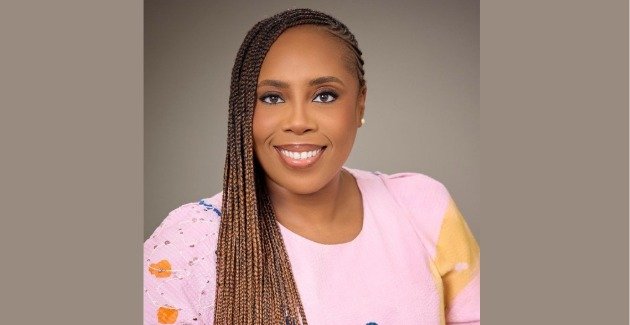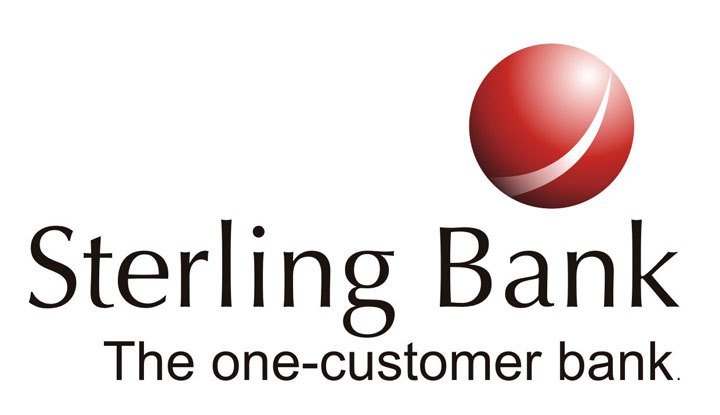The Fourth Industrial Revolution (4IR) portends a fantastic new world with self-driving vehicles, drones that do door-to-door deliveries, augmented reality, voice-operated home devises, virtual assistance and several other technological conveniences. It is an ideal world where human beings sit back as machines slave for us, doing tedious tasks that no one really enjoys doing.
In communications, artificial intelligence is already doing tasks that were previously exclusively done by highly skilled professionals. In 2019 the New York Times reported that almost a third of content published by Bloomberg News, the international wire service, was produced using AI. Today, we use social media listening tools to track conversations on Twitter, search engines select stories for us based on our interest, artificial intelligence filters adverts that people see according to their online behaviour and even suggest ‘influencers’ to follow on social media.
Adapting to this world requires communications professionals to do more than just revising their catalogue of services or ‘redefining’ the role of communications. Rather, what we need is an even sharper focus on the core business of communications, a return to the first principles. In a world saturated by information, and where tools of communications are accessible to one and all, the question is what our unique role as communications experts is.
Communications has always been about inspiring different actors to undertake concerted action towards achieving a common goal. 4IR does not change the essence of what we do; it merely gives us more tools. Today, there are at least three clear roles for communications professionals that remain unchanged:
- Helping clients to nurture a community of shared interest. Communication today should help companies not only build brand recognition, but also brand trust. Communications professionals should help companies foster a community of interests – stakeholders that are brought together by a common understanding that a client’s success is tied to theirs. Building a community of shared interests future-proofs clients from reputation shocks of a highly connected world, where individuals have unprecedented power to build or destroy company brands.
- Helping clients define shared value. Companies do not only sell products and services. They bring to the market solutions that help others achieve their own goals. The role of communications is to help companies define and foster a common understanding of shared value among multiple role players in a client’s success. For example, a motorcycle manufacturer is not only creating a product to sell, but they are also creating a transport solution. The role of the communications professional is to help such a client to articulate the shared value that their motorbike creates for students going to school, entrepreneurs trying to get their products to the market and for city managers.
- Helping clients shared purpose. Communications should help companies to create a shared purpose among stakeholders. A shared purpose creates a basis for companies to mobilise disparate stakeholders to act in a concerted way to unlock value for itself, and for all stakeholders. It is what gives a client the grounds to ask others to take specific action.
Technological changes do not change the essential value of communications. It provides more tools to unlocking this value.
Our responsibility to clients remains the same – helping them build communities of shared interest, helping them articulate shared value, and helping them mobilise concerted action among stakeholders in support of their strategic objectives. Mastering the brave new communications world that technology ushers is merely housekeeping.
SOURCE: MOLIEHI MOLEKOA














